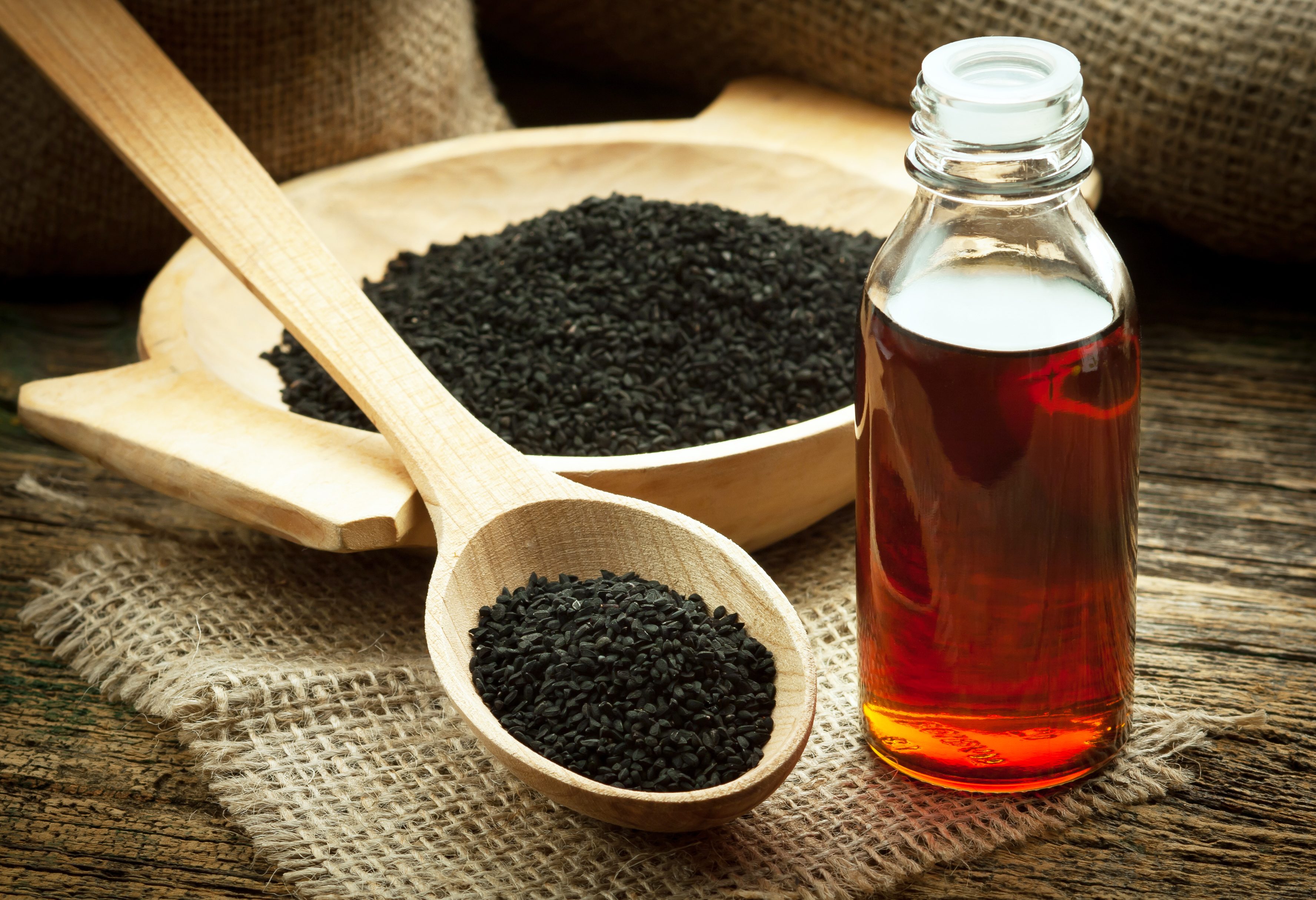Cumin: beneficial properties, uses and side effects
Cumin has antioxidant, purifying and digestive properties that make it an excellent ally for the wellbeing of our body. It is a spice that is not very widespread, yet it is important to know its properties and benefits. Let's find out more about this spice coming from Syria, how to consume it and if there are any side effects.
;Resize,width=742;)
Cumin has antioxidant, purifying and digestive properties that make it an excellent ally for the wellbeing of our body. It is a spice that is not very widespread, yet it is important to know its properties and benefits. Let's find out more about this spice coming from Syria, how to consume it and if there are any side effects.

Cumin is a spice derived from a plant (Cuminum cyminum) native to Syria, a plant whose dark seeds with an oblong shape similar to that of fennel or aniseed seeds can be eaten, even if they are characterized by a stronger and slightly spicy flavor. Cumin seeds possess digestive, purifying and antioxidant properties, it is an excellent natural remedy to fight various disorders: it stimulates digestion, it helps to lose weight, it prevents aging and more. Then let’s discover the properties and benefits of cumin, how to use them and if there are any side effects.
Varieties of cumin
In addition to the common cumin, there are different varieties: cumin of meadows (Carum carvi) is smaller and darker, and its flavor is less spicy and intense. Then there are two types of black cumin: the Persian dark gray (Bunium persicum) and widespread in Iran and India, and the black Bengal cumin (Nigella sativa) with a less elongated shape.
Properties and benefits of cumin

Cumin is rich in essential oils and iron, an important mineral salt that helps both physical well-being and the balance of metabolism. It also contains calcium, phosphorus and potassium, as well as fibers, which help keep the intestines healthy.
Cumin has antioxidant properties that counteract the damaging action of free radicals, slowing down cellular aging and inflammatory processes.
It also improves digestion, also counteracting the swollen belly, thanks to its carminative properties, which promote the expulsion of intestinal gases.
Antioxidants also stimulate the immune system and help the body to purify and detoxify. Always taken under medical supervision, the daily consumption of cumin would help to decrease cholesterol and triglycerides.

Cumin provides also a soothing and sedative action, while its essential oil is excellent against respiratory infections.
The seeds of cumin would also help to lose weight: in fact its action raises the heat of the body, promoting the consumption of fat and calories.
Finally, chew cumin seeds helps fight bad breath: therefore it is also an excellent natural remedy against halitosis.
Cumin: where to find it and how to use it
You can find cumin in the supermarket, in the spice department, but also in herbal medicine shops and in specialized shops: you can find both whole seeds and cumin powder (ground cumin). Cumin seeds are used in the kitchen due to their intense and slightly spicy taste: it is widely used in Indian cuisine, even when preparing curry.

You can add cumin seeds to soups, fruit salads, chickpea patties, to flavor bread, savory pies, crackers. For marinades based on olive oil or soy sauce, and they are also used for the preparation of a sweetish-smelling liqueur with a bitter taste.
The best known consumption of cumin is in the form of herbal tea: to prepare it, mix 8 grams of cumin seeds with the same amount of fennel and mint seeds. Let it to infuse for 10 minutes and drink it a couple of times during the day. Alternatively, you can use only cumin seeds: boil 1 teaspoon for 5 minutes and let it infuse for about ten minutes. Drinked after meals, this herbal tea provides a digestive action.
Side effects
Cumin has no particular side effects but it should not be consumed by those allergic to one of its components, and by those suffering from liver disease. It is also not recommended if you take hormone therapy or photosensitizing drugs. It is not recommended during pregnancy. In any case, always consult your doctor before using cumin seeds for a long time.
;Resize,width=767;)
;Resize,width=712;)
;Resize,width=712;)
;Resize,width=712;)
